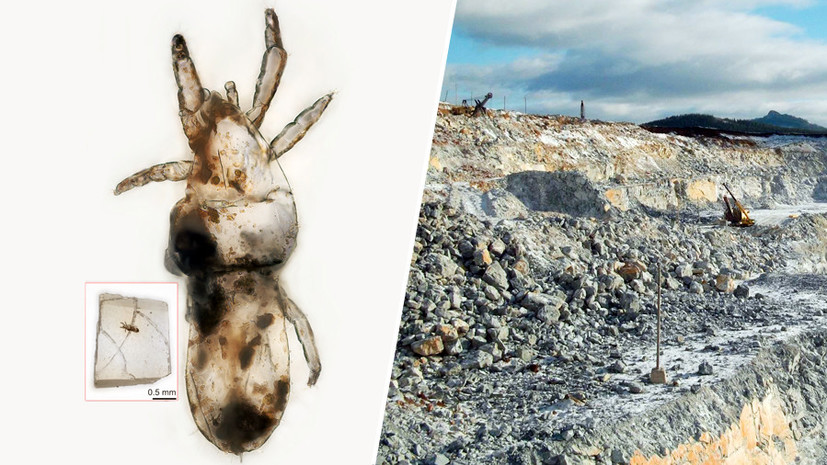An international team of researchers from Russia, Ukraine and Brazil has studied the evolution of soil mites of the Paratydeidae family. Scientists are convinced that these animals have not changed in the entire history of their existence, numbering almost 250 million years. This was reported in the Journal of Systematic Palaeontology. The work was supported by the Russian Science Foundation.
As a result of millions of years of evolution on Earth, most organisms go through directional selection, try to adapt to a new habitat, and either die out or find a way to continue to exist. However, this does not apply to species whose life on the planet passes in calm stable conditions - such organisms are practically not subject to change.
Paleontologists of Tyumen State University and their foreign colleagues described two types of prehistoric soil mites that lived in the Eocene era 34 million years ago. Samples for research were obtained in the quarry Pugach (Ukraine) and were the remains preserved in pieces of amber.
Researchers noticed a great similarity between fossil animals and their modern relatives and hypothesized that the studied family is almost not subject to evolutionary changes. Scientists have compiled a database of the external signs of 20 species of paratideid ticks and studied the DNA of 169 tick species from this and other families.
Paleontologists then modeled the evolution of species using the “molecular clock” method, which allows us to calculate the rate of change between ancient and modern species. Analyzes confirmed that the paratideid evolved extremely slowly - important changes occurred in this family about once in 46 million years - 637 times slower than in predatory dinosaurs, the researchers note.
“Such a slow evolution can be explained by the stability of the life of ticks in the soil for millions of years. The widespread family today can be justified by their early evolution on Pangea - the first continent, the split of which led to the formation of all modern continents, ”said Pavel Klimov, professor of the Tyumen State University.

